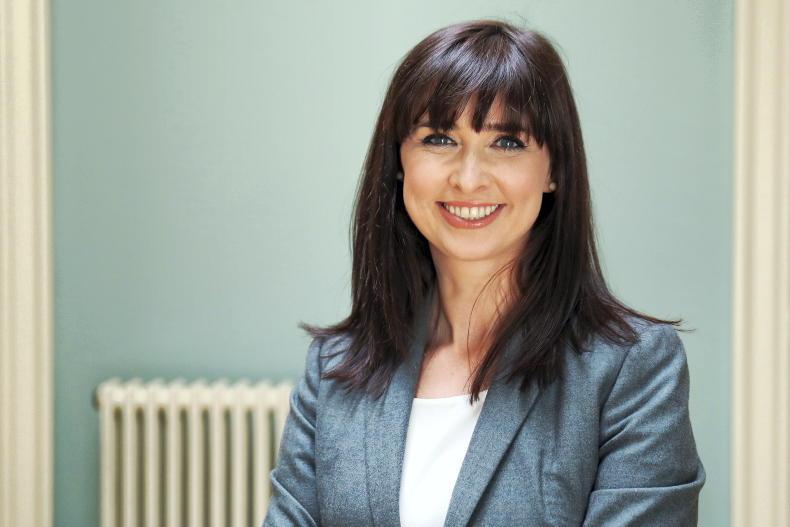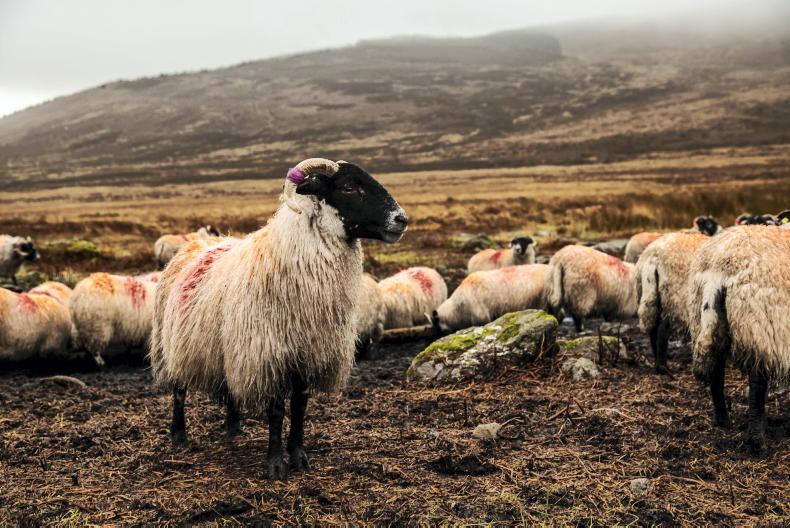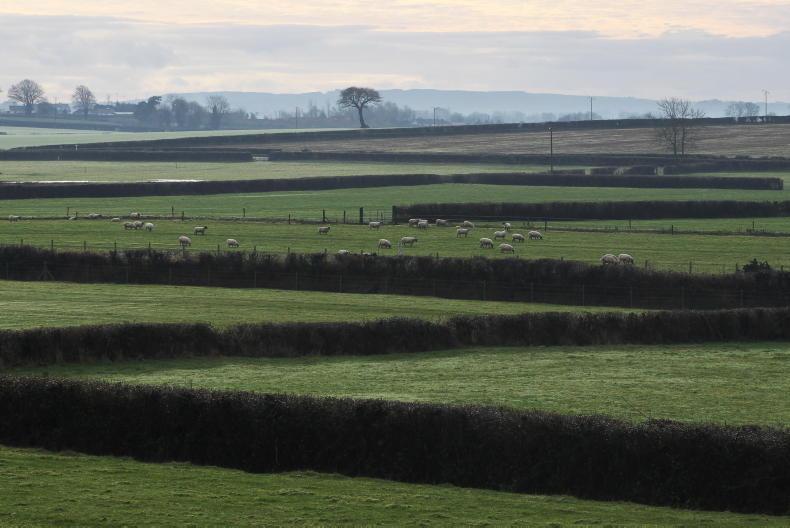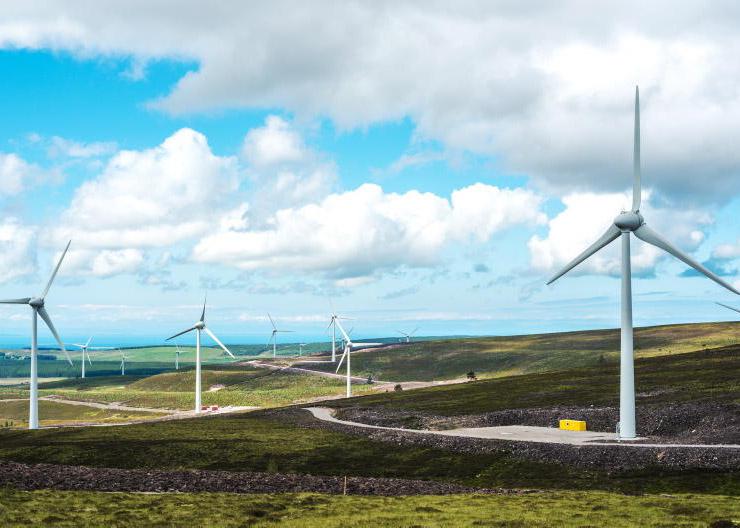Farmers should be to the fore of the conversation at the Citizen’s Assembly on Biodiversity Loss and will have many of the solutions to the issue, assembly chair Aoibhinn Ní Shúilleabháin has said.
Ní Shúilleabháin is assistant professor at the UCD School of Mathematics and Statistics and last April was nominated by An Taoiseach to chair the citizen’s assembly.
“I really think it’s important that farmers, and their expertise about looking after the land and nature and the environment, should be to the fore of our conversation at the citizen’s assembly.
“Sheep and cattle farmers have a role to play here, the hill farmers, the dairy farmers, the grain growers … there’s a lot of conversations we want to have.
“We want to hear everybody’s input in order to make this a really robust citizen’s assembly, where we can have recommendations we can really stand over. Coming from my scientific background, I really want to be able to stand over the recommendations that the assembly makes and I can do that if we have heard from all of the different perspectives,” she said.
The assistant professor said that it is particularly important that the assembly hears from the people “who see it on the ground every day and that’s the farmers, and the rural community”.
Climate change debate
Ní Shúilleabháin told the Irish Farmers Journal that the climate change debate was particularly tough over the summer. “I can absolutely understand how the farming community could feel like they’ve been vilified. I don’t think it’s been a good narrative at all. I think this conversation needs to come back a bit and we all need to be a bit more respectful about what people’s roles are.
“I do think we could have done a better job, certainly over the summer, that’s something I really want to make sure doesn’t happen with the citizen’s assembly. We’ve seen in other countries, when people talk to each other from the extreme viewpoint it doesn’t get anywhere and I feel like it undermines biodiversity overall,” she said.
She said that the farming community might feel under pressure but it is really important that rural voices are involved in this process.
“Farmers have the expertise but they also have a lot of the solutions and I think it’s just a matter of us all having the conversation in a way that we’re looking for establishing solutions together.
“A good fight can be very attractive for some people but it’s really not what I want to have happen with the citizen’s assembly. We want this to be constructive and a really positive outcome.”
The assembly will look at how Ireland can improve its response to the issue of biodiversity loss and bring forward recommendations for Government to act upon.
“It’s taking an issue out of the Oireachtas, giving it to people to make informed decisions on it for the betterment of the country as a whole and then bringing that back to the Oireachtas,” Ní Shúilleabháin said.
“I think the translation of it as An Tionól Saoránach, which is the gathering of the free people, that actually gives a good explanation of what it is.
“We’re asking the people of Ireland to come up with solutions to a particular problem for the betterment of the people of Ireland. In my consideration it’s a real meitheal, it’s people gathering together for the good of the community. That’s the approach that I’m taking to it as chair.”
The assembly has a terms of reference and one of its terms is that it will develop greater policy coherence and strategic synergies between biodiversity policy and other policy priorities including, but not limited to, economic development, climate action, sustainable development, agriculture and tourism.
Who sits on the assembly?
Ninety-nine people, plus the chair, sit on the assembly. They were chosen through the An Post geo-directory.
Some 20,000 letters were sent out to people across the country, with 2,300 signalling their interest to take part. This number was whittled down by using Central Statistics Office data to ensure there was representation across all sectors of society.
The group will meet over four weekends in September, October and November.
“We will look at all of the different elements of biodiversity that we’ve been asked to by the Oireachtas and then in December we’ll bring back the recommendations.
“We haven’t looked at drafting them and we won’t do so until we’ve heard of the content, but when we start drafting them together they’ll be voted on by the 99 members. If there is an unlikely tie on a decision about a recommendation, that’s where I would get a casting vote. Otherwise, I don’t have a say in it. Basically from now until the end of November we’ll be just learning more and more about biodiversity in terms of policy, in terms of how effective an industry is, in terms of what do the general public, policy groups and advocacy groups all think about it,” she said.
Submissions from the public will form a key part of the discussion.
“We want to bring everybody into that conversation and part of that is the submissions. We’re asking people to make submissions to the assembly. This could be just a page or a paragraph to say ‘I’m in a local community group and we feel very strongly about this particular issue and it’s something that we would like you to address’.
“It will raise issues for us to cover over the autumn but it will also give us the opportunity to invite people in and I think that’s really important,” she said.
You can make a submission at this link.
Lyons or Barry’s? Lyons.
What are you currently reading? Divide: the relationship crisis between town and country by Anna Jones.
Most recent film you’ve seen? Persuasion.
Hobbies? Cycling.









SHARING OPTIONS